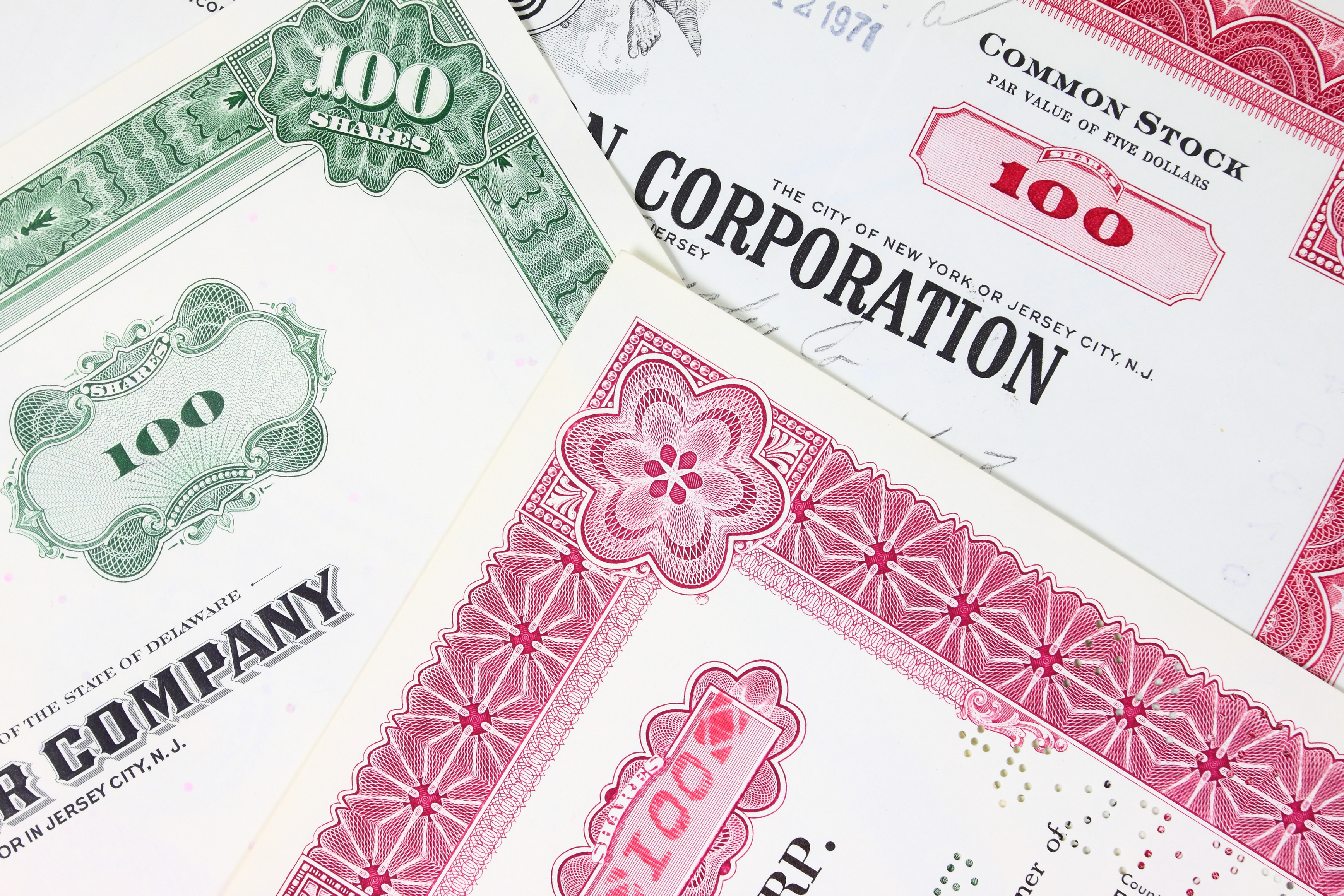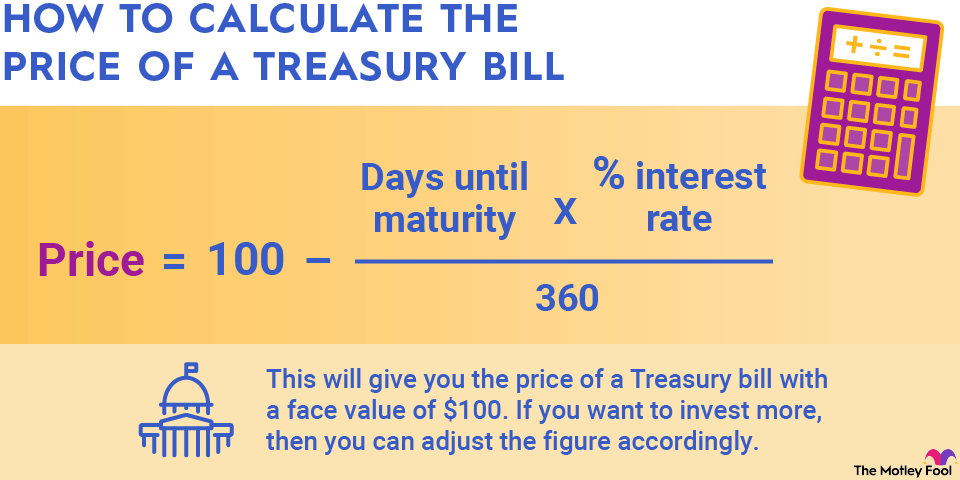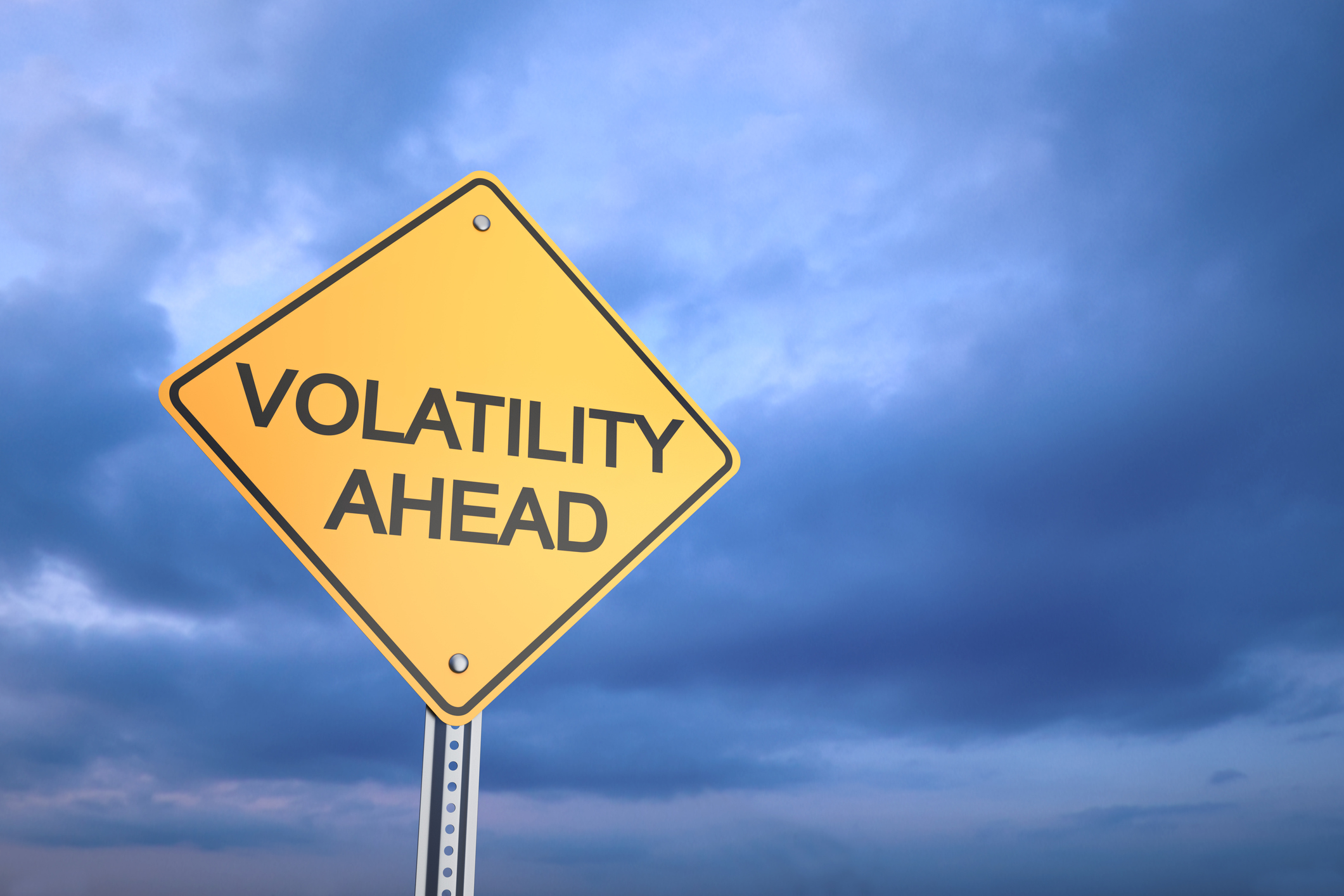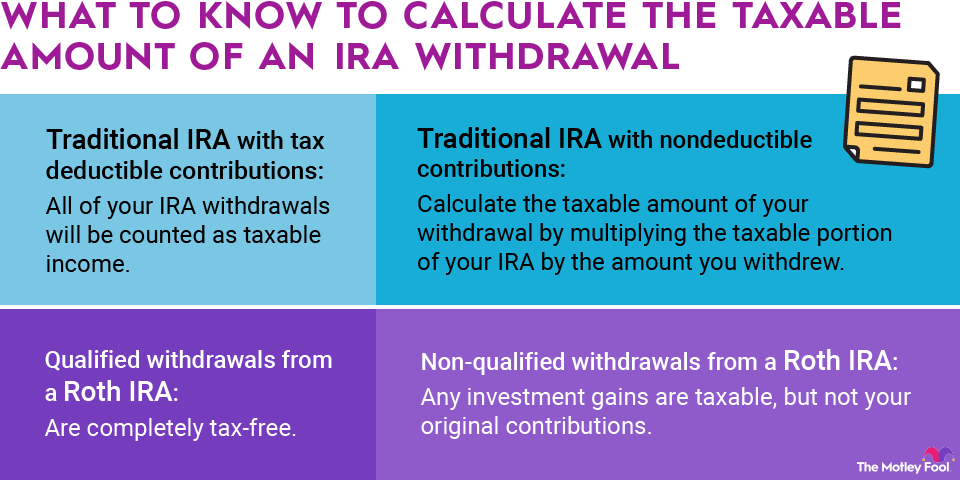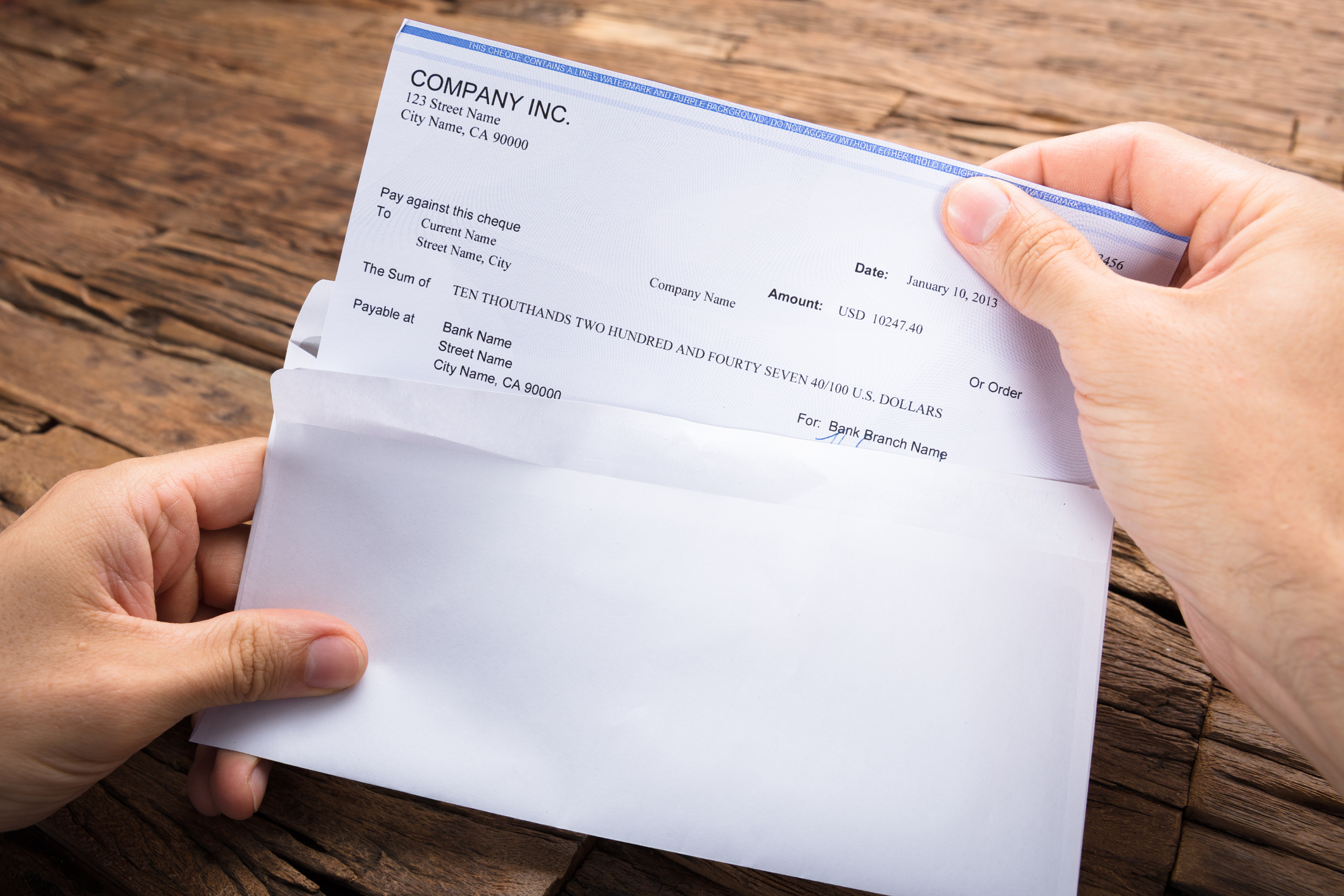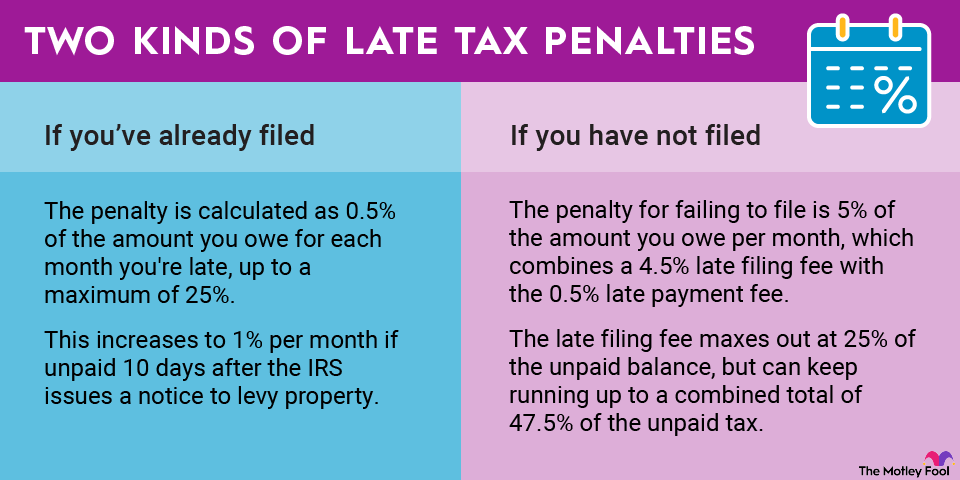On a company's balance sheet, the three main categories of information are its assets, liabilities, and stockholders' equity.

Assets
Assets include anything a company owns that has monetary value, even if it can't be readily sold. They are split into two classes -- current assets, which refers to assets that a company can (or will) sell within one year, and long-term assets, which are the assets a company cannot (or doesn't plan to) sell within a year. Examples of a company's assets include, but are not limited to:
- Cash and equivalents.
- Investments, such as equities or debt securities.
- Equipment.
- Inventory.
- Real estate.
- Accounts receivable.
- Intangible assets, such as goodwill.
Intangible assets can be somewhat difficult to value. For example, a company's brand name could be considered an asset, but it's tough to say exactly what that brand name is worth. The same can be said for assets like patents. The market value of real estate and equipment is also somewhat of an estimate. After all, the only way to know exactly what a building is worth is to sell it.
Liabilities
Liabilities include all of the money a company owes. As with assets, liabilities are divided into current liabilities, which include things like rent, tax, utilities, debts that are payable within a year, and dividends payable. "Long-term liabilities" generally refers to long-term debt the company has issued (bonds), but it can include other non-immediate expenses such as pension obligations.
Stockholders' equity
Stockholders' equity is the amount of the company that is "owned" by investors. A good way to think of stockholders' equity is the amount of money that stockholders would theoretically get if the company decided to close its doors, sell its assets, and pay all of its debts. This includes preferred equity as well as common stockholders' equity.
By definition, a company's assets minus its liabilities equals its stockholders' equity (also known as "net equity"). In other words, the liabilities and stockholders' equity "balance out" the assets -- which is why it's called a balance sheet.
So, as long as you know all of a company's assets and liabilities, its stockholders' equity is relatively easy to calculate. All three metrics are readily found on the balance sheet of any publicly traded company. However, for privately held businesses, assets and liabilities should be relatively straightforward to calculate (or at least estimate), and therefore, stockholders' equity can be found.




